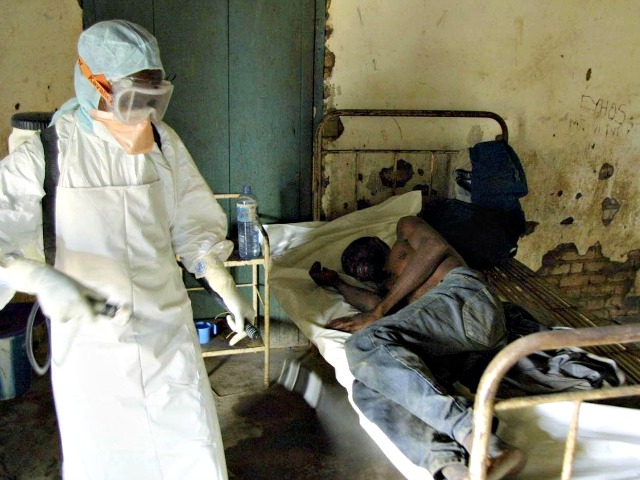The article originally appeared at Bloomberg:
The international response to the Ebola outbreak that has killed almost 1,000 Africans has been slow and inadequate, and the World Health Organization is at least partly to blame, said spokesmen for two key aid groups.
The WHO yesterday designated the outbreak as an international public health emergency, eight months after it began. On May 18, when the situation seemed to be stabilizing, the Geneva-based organization said the outbreak “could be declared over on May 22.”
The WHO’s leaders “need to do a reality check and step up,” Koen Henckaerts, a health expert at the European Commission’s humanitarian aid division, said in a telephone interview from the Liberian capitol of Monrovia. “There is a lack of coordination among all the different partners.”
It’s the first time Ebola has appeared in West Africa. A lack of border controls has allowed infected people who didn’t seek medical care because of fear, suspicion or stigma to travel freely between countries. Unsanitary funeral practices involving contact with corpses have also fanned the spread.
Canada Tests
Ghanaian authorities are carrying out tests on the body of a man from Burkina Faso who died near the border between the two West African countries after showing symptoms of Ebola, Accra-based Citi FM reported today, without saying when the man died. Canadian medics are also testing a patient in Ontario who has flu-like symptoms after recently traveling to Africa, health officials said.
The outbreak has killed 961 people in Guinea, Liberia, Nigeria and Sierra Leone since it was first reported, with 68 new cases reported over two days, the WHO said yesterday.
Part of the problem is weak leadership by health ministries in the affected countries, which have never faced the disease and need help with hands-on management, Henckaerts said, calling for more WHO involvement.
“The WHO has a big responsibility to do more than just give technical advice,” he said.
Doctors Without Borders, with almost 700 workers in the affected region, also was critical, saying in a statement that it has been repeating for weeks that “a massive medical, epidemiological and public health response is desperately needed to save lives and reverse the course of the epidemic.”
Closed Borders
Lives are being lost, the doctors’ group said, because the response is too slow.
“We try to exert the degree of leadership which is necessary for the situation,” Keiji Fukuda, the organization’s assistant director general, said in an interview. “At the same time, we always respect the sovereignty of countries. We don’t see ourselves as a policeman just saying, ‘do this, do that.'”
Guinea said today it closed its border with Sierra Leone until the virus is under control. It also shut its border with Liberia, Reuters reported, citing Health Minister Remy Lamah. Health authorities in Nouadhibou, Mauritania’s second-largest city, set checkpoints at port, airport and land routes, online news site Mauriweb reported.
In May, after the WHO predicted the outbreak’s close, staff members from several international health groups left the region. Rather than ending, however, there may just have been a lull in cases as infections went unreported, causing the epidemic to reignite and worsen in Sierra Leone and Liberia, said Stephan Monroe, the deputy director of the CDC’s National Center for Emerging and Zoonotic Infectious Diseases.

COMMENTS
Please let us know if you're having issues with commenting.